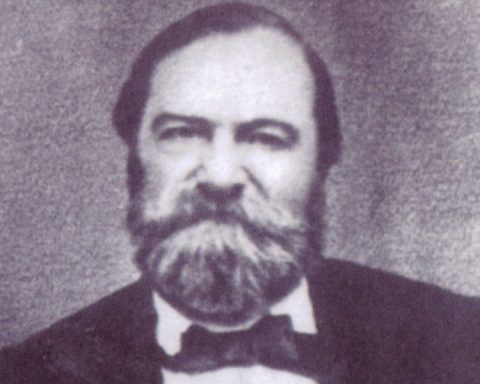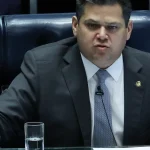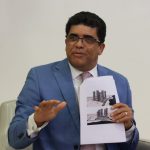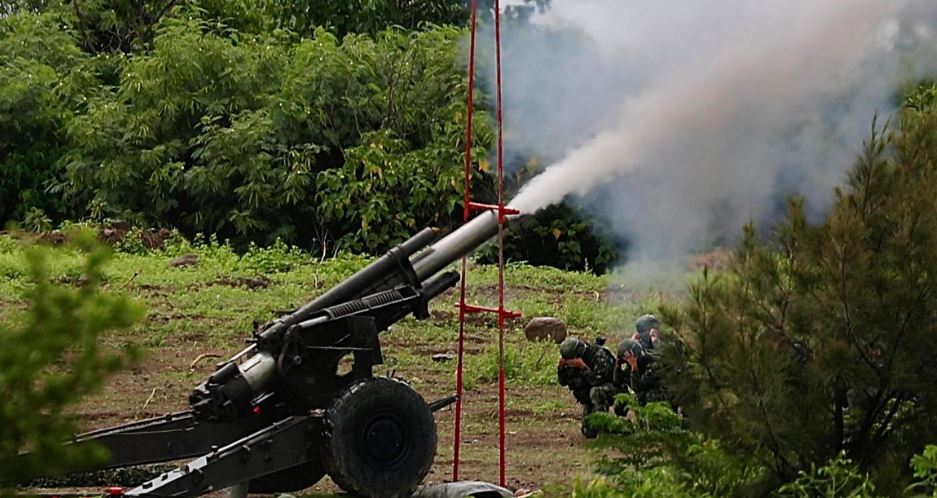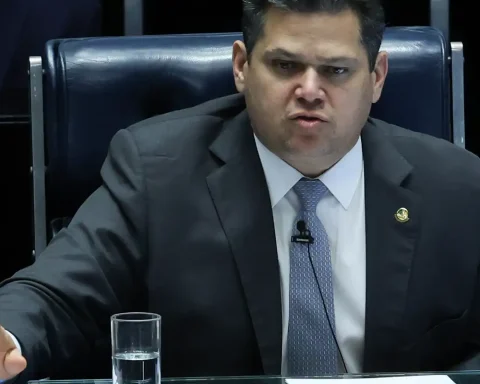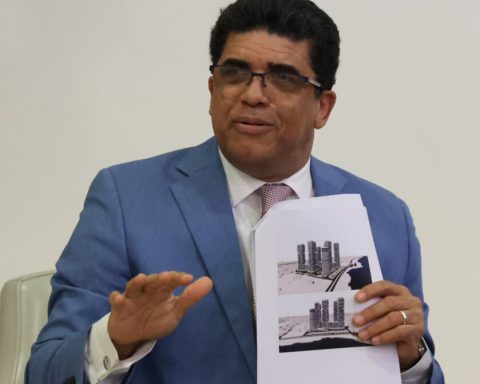For some time now, the euthanasia and medically assisted suicide bill that Pasquet presented in March 2020 has been under debate and that aspires to enable these practices as long as certain conditions are met.
For the Colorado legislator, it is important that it be approved since he conceives it as a solution to care for people who suffer from incurable and irreversible diseases, and who “would like to anticipate their death” to stop experiencing suffering.
Likewise, he said that for reasons of humanity, these situations should be considered and mentally fit adults should be allowed, when they find themselves in a circumstance as described by law, to request euthanasia to stop suffering.
On the other hand, the position of the nationalist legislator Rodrigo Goñi is contrary to that of his colleague. In this sense, the nationalist said that “this project is a radical change in the legal, judicial, ethical, cultural and subversive social order”, because it devalues the value of life.
Goni’s vision
From his perspective, Goñi detailed the consequences that the approval of this project would bring.
On the one hand, he declared that the main result is the “hundreds of deaths”, since this law “pushes” to advance the death of the person. According to statistics from other countries, “our country is going to have more than a thousand preventable deaths per year,” he assured. Another important point is the “slippery slope”, which refers to the fact that once it is in operation, the “conduct of killing” begins to become natural. Therefore, the suggestions rise, which allows to open more cases as it happened in other nations, he indicated.
Lastly, he stated that until now the PN had not been consulted on the legalization of euthanasia, which is of “enormous importance.” For this reason, the political force will demand that, once this project is known, it be consulted and given the time it requires. Additionally, he pointed out that it is expected that the PC as a partner of the coalition contemplates the times and that it is open to the proposals of the PN. Otherwise, it would be “an attitude of disloyalty” on the part of the Colorados, concluded Goñi. Palliative care is intended to improve the quality of life for patients who have a serious or life-threatening illness, such as cancer. They are an approach to care that responds to the person as a whole, not just her illness. In Uruguay, the bill on palliative care was approved in December 2021, in the Chamber of Deputies. However, Goñi asserted that not all Uruguayans have accessibility and it is a “very serious” immorality to pass a euthanasia law without having “guaranteed universal access to palliative care.” At the same time, he considers it untimely not to first give a patient the possibility of relief, since this leads to the only option, which is “death”.
Pasquet’s arguments
On the other hand, Pasquet affirmed that “everyone is in favor of palliative care”, but clarified that they are not viewed as antagonistic to euthanasia but rather as complementary. Statistics in countries such as the Netherlands, New Zealand and some states in the United States indicate that “the vast majority of people who request euthanasia have already undergone palliative care.”
This is so because there comes a point when they do not calm down and are tired of fighting, for which they aspire to hasten their death, he added. Reality tells us that there are people in very delicate and incurable health situations. Those people who are in the terminal stage of a disease such as cancer, who know that they have no expectation of recovery, who are told by the doctor that there is nothing to do, face the imminence of death and experience pain and physical and psychological suffering. People who have lost their independence, who need others for every act of daily life and feel humiliated when they find themselves in that situation, who know that there is no solution and want to anticipate death to avoid the crossroads until the natural end.
On the other hand, he expressed: “there are people who are not facing the imminence of death but live in an overwhelming and unbearable situation, with mental or physical suffering that makes them want to anticipate death. I am thinking, for example, of the quadriplegic who has lost the movement of all his limbs, who cannot do anything for himself and needs the help of others for everything, including breathing in many cases. In some situations, these people want to anticipate their death but need help to do so. In Uruguay, any form of aid for this purpose constitutes a crime. It seems to us, then, that the least we can do in this scenario is to decriminalize the conduct of the doctor, who, responding to the repeated request of a person, of legal age and mentally fit, decides to help that person anticipate death,” he said.
Regarding the harmony between his colleagues, he said: “The Front presented a project that aims at the same objective but is focused from the perspective of the person who is suffering and claims their right to a dignified death. We approach it from the point of view of Criminal Law and we propose that the doctor who helps with this purpose does not commit a crime. The two projects are distinct but clearly complementary. We are working to reach a common proposal and we do not see any major obstacles. We have to adjust the wording, but we trust that we will reach a common project, so that this project has the necessary votes to be approved in the House of Representatives. The cost of euthanasia is minimal and is not in opposition to palliative care. They are different things, but from the perspective of the person who suffers, they are not antagonistic but, eventually, complementary. And this is proven by the facts. In countries that have legislated euthanasia, statistics indicate that an overwhelming percentage of people requesting euthanasia underwent palliative care,” he noted.
He then argued: “In Uruguay there have also been cases that have acquired some notoriety and illustrate the same concept. One of the founders of Empathy Uruguay, a civil association that promotes euthanasia, is Florencia Salgueiro. Florence’s father had Amyotrophic Lateral Sclerosis (ALS), he went through a long suffering in the different stages of the disease and at a given moment he began to receive palliative care, which was very good because the family could provide it. This care extended seven days a week, was complete, sufficient and of good quality. But there came a time when Mr. Salgueiro could not alleviate her suffering with palliative care, he could not sleep, he had trouble swallowing, and he began to say that he wanted to anticipate her death. The family took the proposal to the doctors and was unsuccessful. The situation continued for weeks. Finally, the man drowned in his own secretions, ”said Pasquet.
Undoubtedly we are facing a very sensitive issue, which has led to great debates even worldwide, I think we should all aim for the lesser evil, at the slightest hint of suffering in the face of the inevitable, beyond moral or religious preconceptions, equally respecting each spirit and every philosophy. Another question has to do with the characteristics and applications of the project in question, where it is clearly possible and should be more precise.
John Prandi

